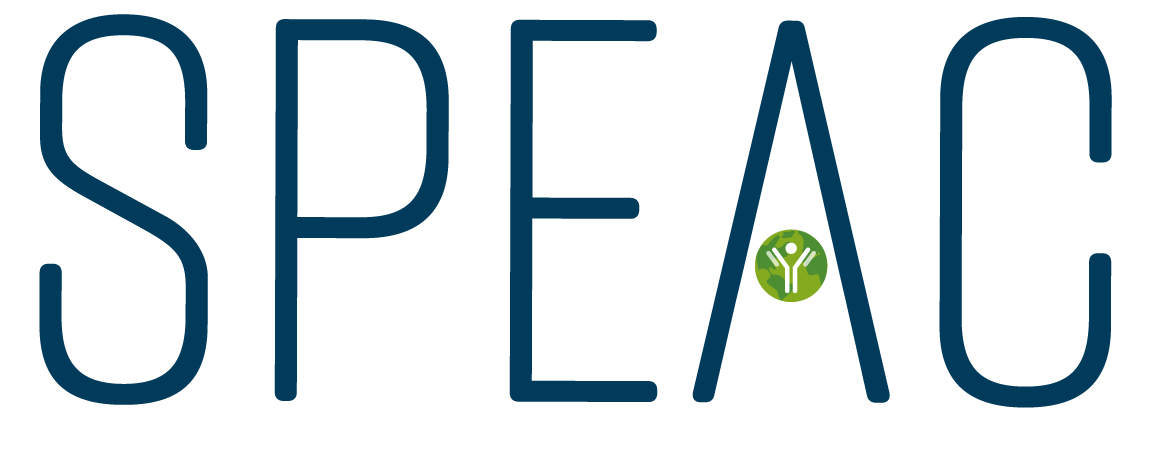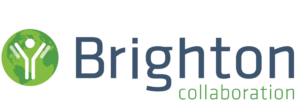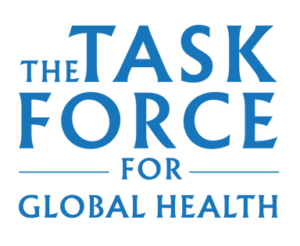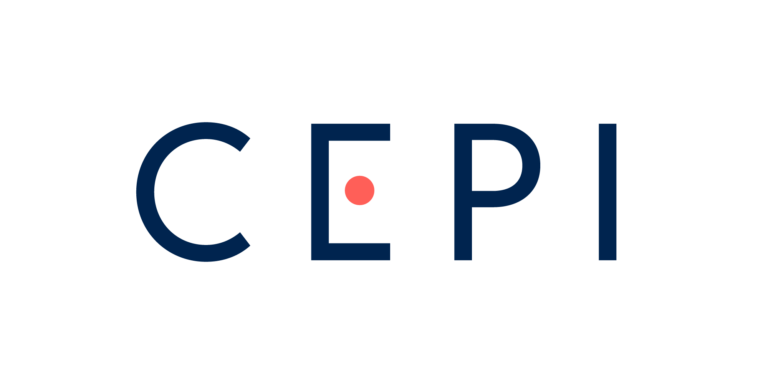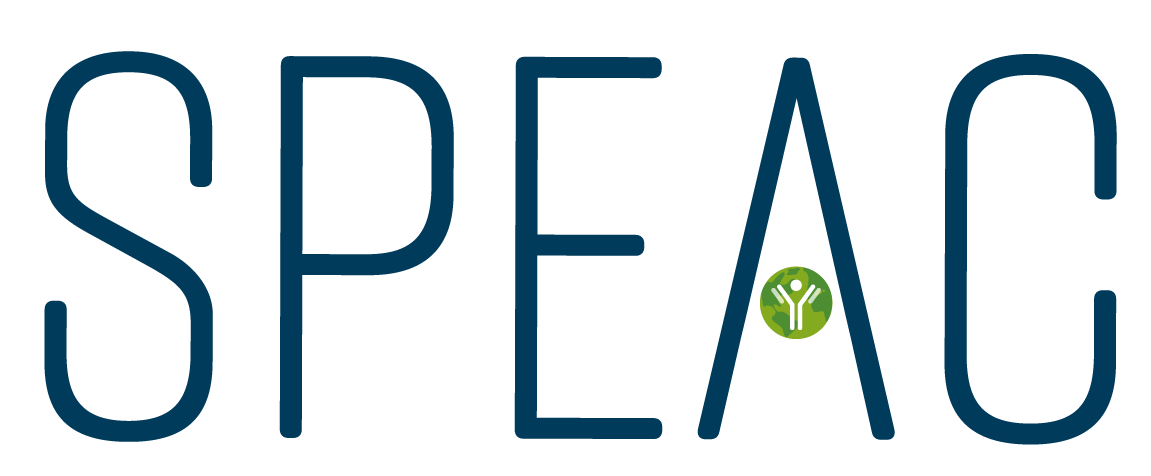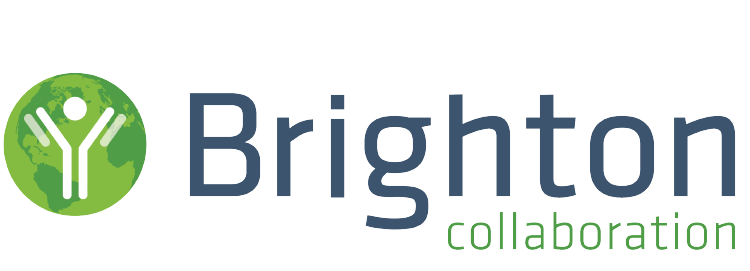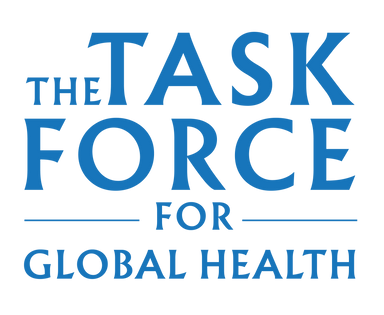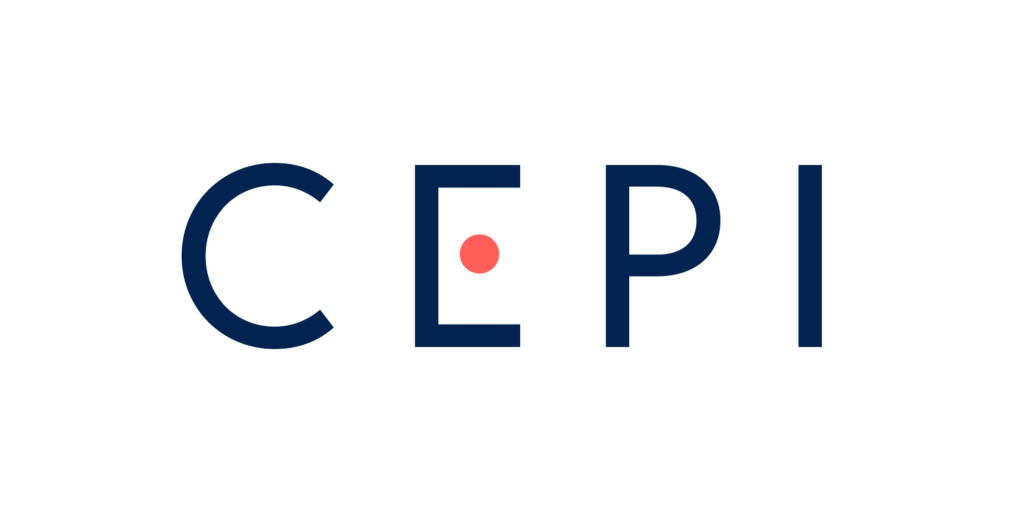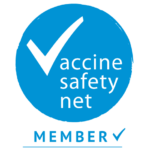
SPEAC Executive Board members joined colleagues in Leuven, Belgium at the IABS – Flanders Vaccine RWE Conference, “The Role of Real-World Evidence (RWE) for Regulatory and Public Health Decision Making for Accelerated Vaccine Deployment.” The event took place from September 19 – 20, 2023, and was hosted by the International Alliance for Biological Standardization and sponsored in part by CEPI. SPEAC Scientific Coordinator, Miriam Sturkenboom, served on the conference’s scientific committee, and CEPI Clinical Development Lead, Jakob Cramer, co-delivered the keynote address, “Accelerated vaccine development in pandemic situations: what is needed?”
The conference aimed to share learnings about the optimization of Real-World Evidence for regulatory and public health decision-making on vaccines and vaccination programs. The meeting’s goal was to develop recommendations on the use of real-world evidence for vaccine decision-making and a roadmap to further strengthen its use. The conference sessions explored challenges and implications for rapid vaccine development in low- and middle-income countries (LMICs), lessons learned from emergency use authorization of COVID-19 vaccines, and experiences in using RWE for regulatory and public health decision-making.
SPEAC & RWE
Dr. Robert T. Chen, Scientific Director of Brighton Collaboration and Project Lead for SPEAC, presented during the session, “Improving the use of RWE for regulatory and public health decision-making.” The presentation showcased how the SPEAC project is supporting the harmonization of safety evaluation both in clinical trials as well as in the generation of RWE. Dr. Chen provided examples of SPEAC’s work in the monitoring of clinical trials and the development of case definitions, companion guides, and codes that can be used in RWE. He also spoke about the landscape assessment for sites that can conduct pharmacovigilance in LMIC, with the aim of linking with sites that may be trained and engaged for safety evaluations.
Breakout Sessions
SPEAC executive board members also attended and facilitated breakout sessions that explored the following questions:
- Which successful and not-so-successful decisions were based on RWE in pandemic situations? What went well and not so well, and why?
- What is required and what are the main barriers experienced for a successful use of RWE for regulatory and public health decision-making?
- What are the conditions/scenarios in which real-world vaccine effectiveness data can replace phase 3 vaccine efficacy data for regulatory licensure?
- What are the requirements in terms of infrastructure to generate real-world vaccine effectiveness data, particularly in LMIC?
Meeting Outcomes
The meeting highlighted how both COVID-19 vaccine effectiveness and safety data could be rapidly generated in high-income settings. This data supported decision-making during the pandemic. It was noted that infrastructures are needed in low- and middle-income settings to improve rapid data generation. A meeting report plus future follow-up IABS meetings are expected.
SPEAC’s work is a direct response to this need. SPEAC experts are global and focus on outreach to low- and middle-income countries to ensure LMIC applicability of SPEAC tools and guidance documents.
